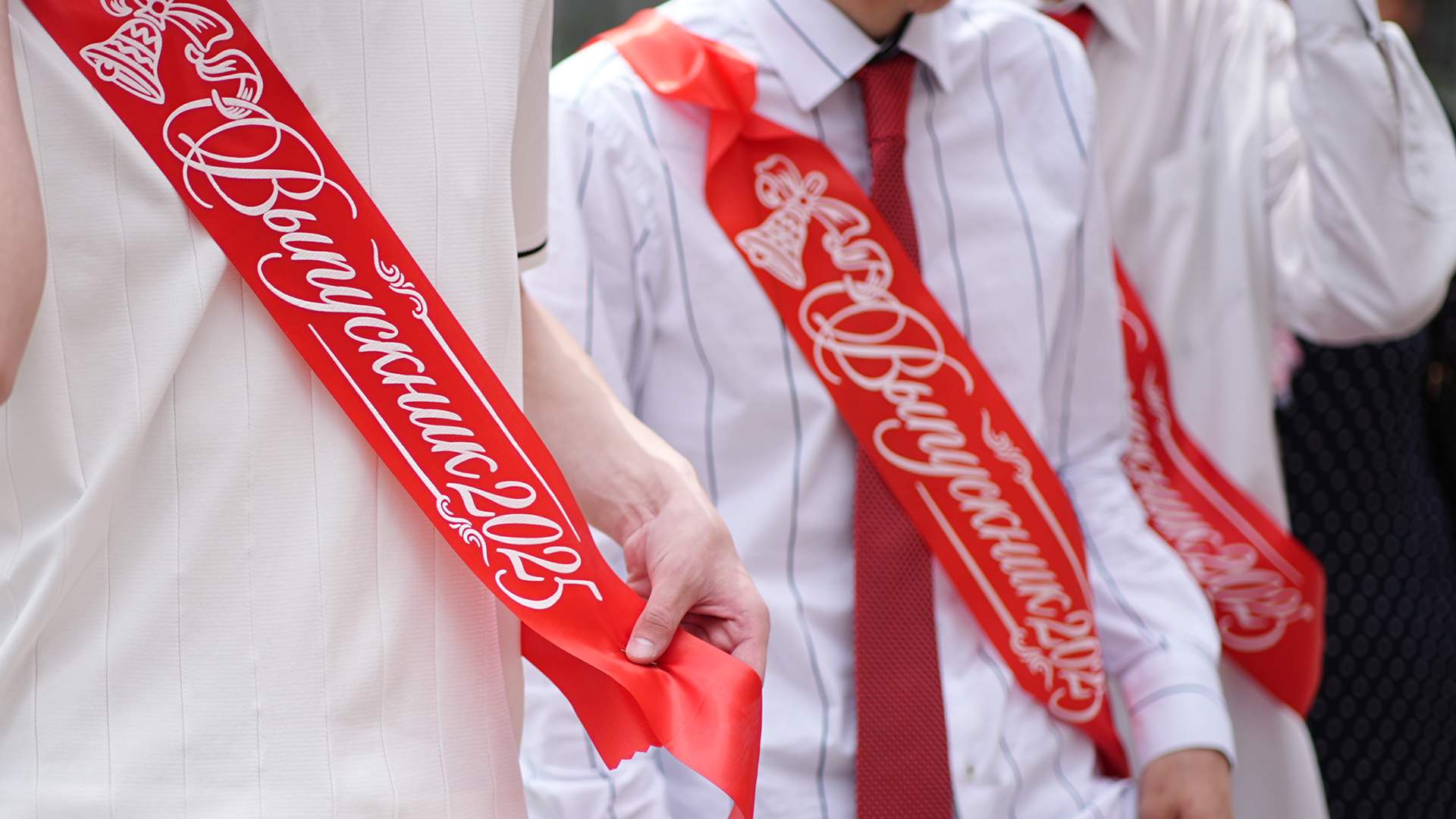Bad Party: How Scammers Cheat graduates and their parents

Graduation is a hot time not only for schoolchildren and students, but also for scammers. Every year they come up with new schemes to deceive graduates and their parents. Izvestia explains what Russians will face this summer and how to protect themselves from it.
The Tricks of the Season
Before the graduation ceremony, scammers became more active in Russia. This year, they often deceive children and parents under the guise of teachers, principals and members of the parent committee, Evgeny Egorov, a leading analyst at the Digital Risk Protection department at F6, told Izvestia.
— One of the goals of such attacks is to find out the security code and hack into the victims' personal accounts in government services. The reasons can be different: urgently check the information about the student, submit an application, confirm the data for obtaining a certificate, agree to award, correct errors in the final documents, and so on," explained Egorov.
At the same time, he added, other scenarios related to phishing and scamming continue to be used. Fraudsters may ask victims to fill out a form with personal information under the pretext of a free ticket to a festive event, discounts on a dress or suit, hairstyle and makeup — and in fact steal personal data and money.
"There are also schemes in which victims are asked to pay an "entrance fee" to participate in the event, which often turns out to be a cover for deception: victims contribute money, but do not receive any services," comments Konstantin Gorbunov, a leading expert on network threats, a web developer at the Security Code company.
He urged the students and their parents to be more attentive, not to transfer money to anyone and not to follow questionable links.
Fake sales
One of the most common schemes that occurs every summer, experts call the sale of tickets to the famous alumni holidays in Moscow and St. Petersburg. Scammers create phishing sites, targeted banner ads, ads on social networks or instant messengers with "raffle tickets" for graduation celebrations in both capitals, where allegedly "anyone can get in."
— To receive a VIP invitation, you only need to fill out a form, pay a "symbolic fee" or register through Gosuslugi. This is how fraudsters collect personal and payment data or gain access to a personal account on the Gosuslugi portal," says Galaktion Kuchava, an expert at the Popular Front for Borrowers' Rights project and the Moshelovka platform.
He recalls that invitation cards to the capital's graduations are issued by the administrations of schools in Moscow and St. Petersburg. For graduates from other regions, the opportunity to attend the holiday can be provided, for example, through volunteering. Officially, such tickets are not sold or raffled off — they are given out for free.
In addition, F6 expert Evgeny Egorov adds, scammers offer to participate in contests, for example, for the best image for graduation, but in fact they steal accounts in messengers and deceive people from the contact list. Or they blackmail teenagers with photos and videos that they find in their correspondence.
Fake holiday
A lot of "graduation" fraudulent schemes that occur from year to year are connected precisely with the organization of the holiday. The Moshelovka expert Galaktion Kuchava calls the most frequent:
— Schemes with fake photographers and animators. Usually such people take an advance payment from their parents (30-50% of the cost), and disappear on the day of the event. Such scammers can offer their services at a discount, while using fake portfolios (stealing other people's work or using AI generation). They often put pressure on urgency: "The seats are being sorted, you need to pay now!".
— Fake holiday agencies. Criminals create a beautiful agency website where they write fake reviews, but after prepayment they disappear.
— Rent of "ghost" halls. Scammers offer to book a prom room profitably, but in fact the room is either already occupied or it does not exist at all.
— Ticket sales for "private" graduation parties. Social media offers tickets to "cool after-parties," but in fact the event either won't take place or won't be as bright as described. This scheme differs from the previous ones in that it affects schoolchildren who see holiday ads and want to attend them at all costs, but as a result they lose large sums.
One way or another, concludes Kuchava, the schemes are repeated, but they are being upgraded and become more convincing every year. Scammers learn how to use neural networks to create fake portfolios, write reviews via ChatGPT, and fake voice and video messages on behalf of teachers, PTA members, and even graduates themselves — and it's hard to tell them apart from the real ones.
Methods of protection
In order to protect yourself from deception, experts recommend following a few simple precautions. Firstly, Konstantin Gorbunov recalls, it is important to be attentive to requests for "entrance fees" and to clarify information from official representatives of educational institutions.
— Secondly, it is worth checking messages and links, especially if they come from unfamiliar sources. It's best to contact the school directly for information," he advises.
In addition, it is important to keep personal data safe and not disclose it if there is no complete confidence in the reliability of the source.
— Never share your username, password, personal information, or verification codes and do not enter them on questionable resources. Enable all security tools in messengers, including two-factor authentication and a virtual password. Teach this to children, as well as that you should not trust strangers online,— concludes Evgeny Egorov.
Переведено сервисом «Яндекс Переводчик»







